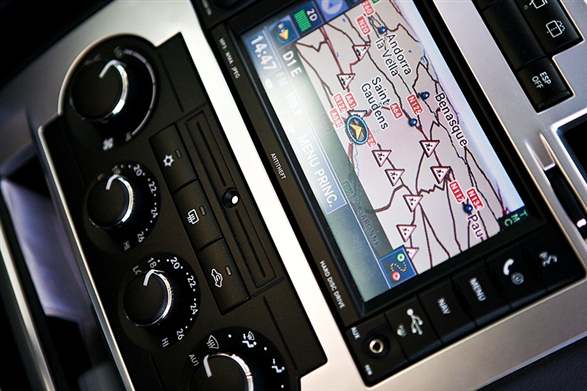Most drivers would say that they feel lost without their Satnavs, but according to a survey by car insurance comparison site confused.com satellite navigations systems could be injuring instead of aiding drivers weak sense of direction.
The research revealed that satnavs have been responsible for causing over £200 million worth of damage in the last 12 months alone.
Four out of five UK drivers have confessed to being led astray by the navigation systems and half have been left venting their road rage at satnav equipment.
Over two thirds of drivers also felt that dodgy satnav directions added hours to their journeys, and some even blamed the devices poor directions for triggering accidents that came to a total repair bill of £203million.
Complaints by some of the 2,000 survey of participants included drivers being shown a route that encompassed going through a wall in Edinburgh, having to cross a phantom bridge across the Severn in Gloucestershire, or driving the length of a golf course in Kingsdown, Kent.
Gareth Kloet, head of car insurance at Confused.com, said: ‘Our research has shown that the satnav is not always the blessing it was once hailed to be and, increasingly, motorists appear to be citing the device as a source of frustration and danger.’
The concern over the satnav furor has caused the Department of Transport to hold its inaugural satnav summit next month.
Transport Minister Norman Baker said:
"When used sensibly, sat-navs can be useful in helping drivers to plan their journey and navigate.
"However, all too often out-of-date directions mean misdirected traffic - a scourge of local communities and an annoyance for drivers.
"That is why I am holding a summit this March to get highway authorities, mapping companies and sat-nav manufacturers to work more closely together to provide drivers with accurate, up-to-date information."
The findings follow Tom Tom’s recent announcement that it will be offering its new Fair Play device to customers in partnership with British insurers Motaquote.
The device will be utilised by insurers to analyse motorists driving habits, giving those who demonstrate "good behaviour" the chance to have their premiums reduced.








